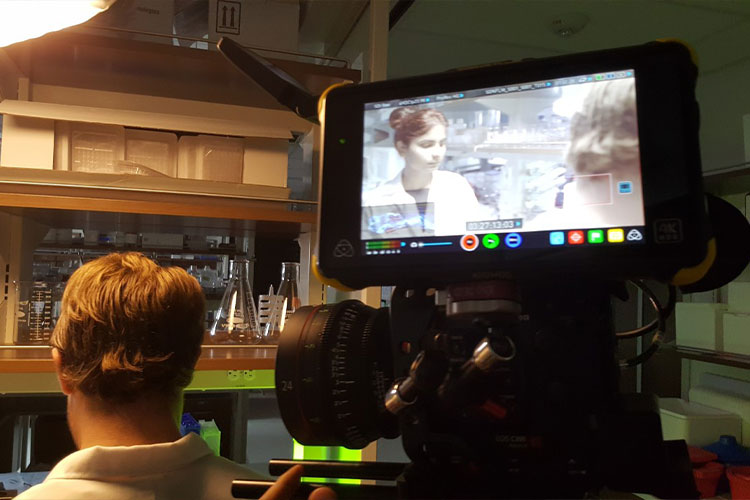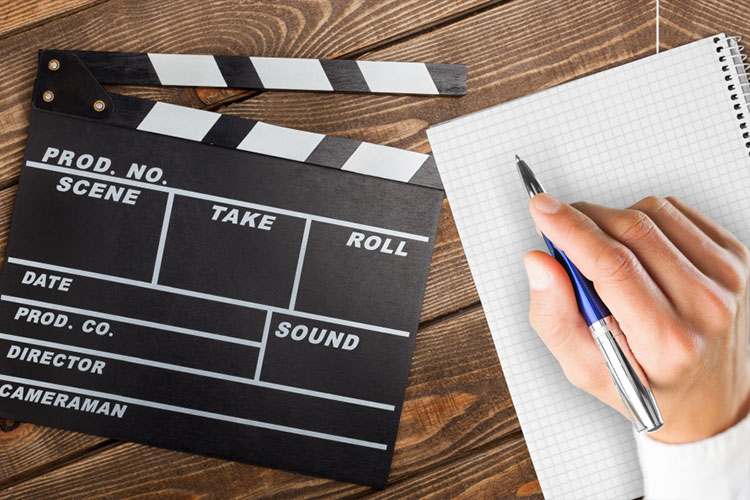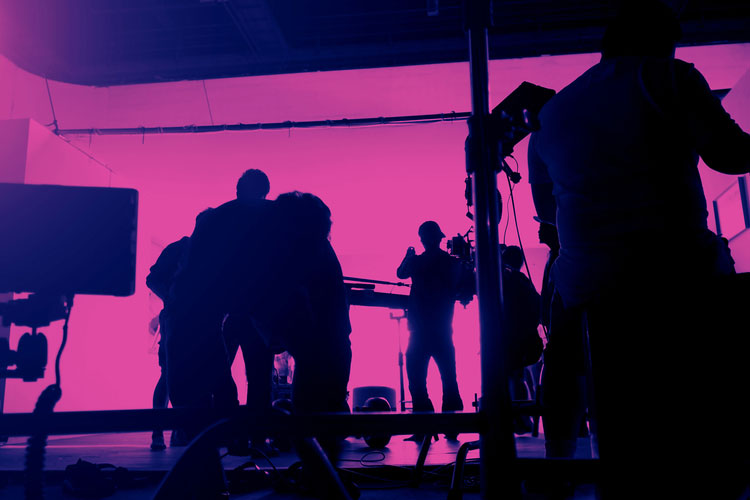As a video professional, I’ve been fascinated by the rapid advancements in artificial intelligence (AI) technology. AI has taken the content creation landscape by storm and revolutionized how we create and edit video content.
AI as a Creative Partner
AI can be a powerful creative partner, helping us to automate tasks, generate ideas, and improve our storytelling. For example, AI-powered editing software can automatically detect and correct imperfections in video footage, freeing up our time to focus on more creative aspects of the editing process. AI can also generate backgrounds, create special effects, and to some extent, be a writing partner.
One of the most exciting things about AI in video production is its ability to inspire and fuel our creative vision. AI algorithms can analyze video footage and identify patterns and trends we might not notice. This information can then be used to generate new ideas for our projects. The automation can free up time to dedicate ourselves to other creative tasks. For example, AI could identify the most engaging moments in a video and suggest ways to improve them.
The Human Factor
AI is still learning to understand the nuances of human emotion and the subtleties of storytelling. As AI technology evolves, it will become an even more powerful tool for creative expression. However, I believe AI will never be able to fully replace the human element in video/film production. The human touch is what gives video/film its soul and makes it genuinely compelling.
For example, AI might be able to identify the most critical moments in a video, but it wouldn’t be able to decide which moments are the most emotionally impactful; it can’t feel the difference a handful of frames can make in a specific cut. That’s something only we humans can do. Not yet, anyway.
It’s also important to remember that AI is a tool that needs to be used ethically. We need to use it in a way that respects human values and enhances the human experience. With careful planning and execution, AI can be a powerful addition to creating video content, and I’m confident we can do this.
Conclusion
I’m not worried about AI replacing me. In fact, I think AI can help me be a better video professional. By automating tasks, AI allows me to focus on the more creative aspects of my work. It also assists me in generating new ideas to create innovative and engaging content. The learning curve is steep, but I firmly believe that AI and human creativity form a powerful combination. Together, we can create truly unique works. I am eager to witness how AI continues to evolve and its impact on the future of video production. I am confident that it will remain a valuable asset to the creative process. We cannot fight the future, regardless of our feelings about what it holds. And it certainly seems like the future is already here. I believe it will be amazing.



